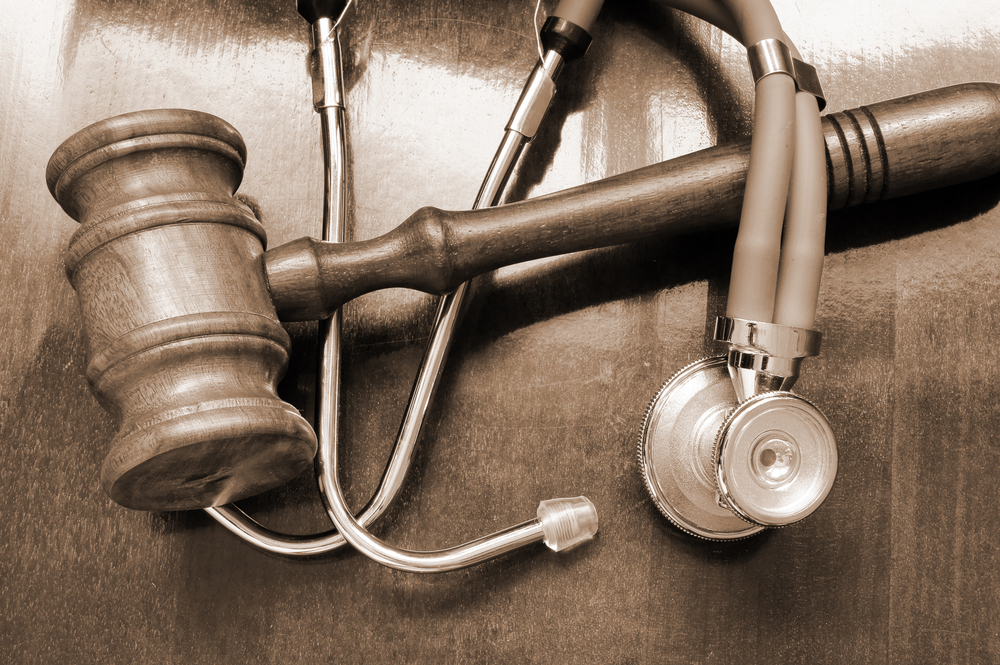Health
Patients should not be turned away by any health facility especially in emergency cases—DOH
MANILA, Aug. 14 (PNA)—The Department of Health (DOH) on Thursday said that no patient seeking medical help should be turned away by any health facility, government or private, more so if the patient’s condition is considered an emergency case.
“Every Filipino, regardless of status in life, should have equal access to healthcare. This is the essence of Kalusugan Pangkalahatan (KP),” Health Secretary Enrique Ona said following circulated news and social media of a mother who posted in her Facebook account blaming a hospital in Butuan City for the death of her 10-year-old daughter after allegedly being rejected by the hospital for failing to produce the amount required as deposit.
“The law states that all cases should be treated and admitted, if necessary, by a hospital,” Ona said, referring to Republic Act No. 8344 “An Act Penalizing The Refusal Of Hospitals And Medical Clinics To Administer Appropriate Initial Medical Treatment And Support In Emergency Or Serious Case”.
Ona said that one of the thrusts of UHC (Universal Health Care) is to improve access to quality hospitals and other health facilities.
Under Health Facility Enhancement Program (HFEP), which is one of the major pillars of KP, the DOH is continually modernizing the government health facilities to improve access to quality health services and to attain the Millennium Development Goals (MDG) particularly on the reduction of Maternal Mortality and Infant Mortality.
From its implementation in 2010 to 2014, HFEP has received increasing funding for 8,453 HFEP-funded projects.
These were implemented in 6,911 health facilities – 761 LGU hospitals and 70 DOH hospitals; 3,395 rural health units (RHUs) and 2,685 barangay health stations (BHSs).
HFEP prioritized upgrading of primary and secondary health facilities to improve access to health care at grassroots level, and to reinforce tertiary health facilities.
Ona said that in addition to health facility improvement, the DOH has the Medical Assistance Program (MAP) amounting to three billion peso to assist indigent patients.
“MAP is made available to all DOH hospitals like Philippine Heart Center, and local government unit (LGU) hospitals like Quezon City General Hospital, Sampaloc District Hospital and San Juan Medical Center to assist patients who are most in need, including walk-in patients.
DOH is against any “palakasan” system. For MAP utilization, the DOH, as in the past, looks at the poor as a “medical assistance priority,” Ona said.






















